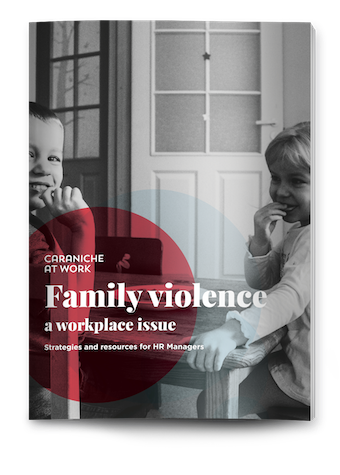
At some time or another, all of us have experienced some form of stress, trauma, grief or hardship. While not enjoyable or pleasant, there is normally always some learning that comes from these experiences, and we adapt, or change in some way.
Being able to adapt to stress and adversity, is known as resilience. What makes a person resilient?
One of the key elements of building resilience is the ability to positively cope with life’s’ events:
• Ability to recognise stress
• Ability to identify its real cause
• Access to internal and external resources
• Skills required for emotional regulation
How can we maintain or sustain resilience in a time when many of us are feeling overwhelmed?
Culprits of overwhelm:
• Multi-tasking
• Crisis-to-crisis
• Crowding in our days – need to be “Productive”
• Limited time to recover or recharge
Eustress is the type of stress you experience when both the mind and the body are preparing to deal with a challenge ahead.
Eustress can help to increase our:
• Concentration
• Confidence
• Problem-solving ability
• Motivation
• Focus and mental alertness
• Stamina and strength
• Performance under pressure
• Efficiency
How do we get into Eustress?
• Routine
• Breathing
• Good sleep habits
• Walking outside (“Vitamin N”- nature)
• Water
• Sleep
• Supportive team
Flow occurs when we encounter a challenge that is testing for our skills, and yet our skills and capacities are such that it is just about possible to meet this challenge.
Experience flow can make people confident, provides growth, and gives the opportunity to take up more complex tasks. Despite the challenges at hand, one could attempt to achieve flow by:
• Discovering one’s strengths and areas of growth
• Being more self-awareness and discovering new abilities that can be used to accomplish an activity
• Identifying tasks that bring one closer to working in a flow
• Not holding back or restraining from working in a flow. For instance worrying too much about mistakes, trying to recheck everything, seeking constant approval from others can adversely impact Flow.
• Paying attention to the bodily responses when working through a task. A task with a potential to provide a flow experience can give healthy signs like alertness, buoyancy, enthusiasm etc.
• Overcoming the initial physical symptoms of nervousness while attempting a new task and building capability to work on the task seamlessly
• Helping others with tasks that can provide the Flow (provided one has spare time)
• Maintaining composure, sense of humour and positive disposition towards challenges

Many of the new tech based EAPs have been making inaccurate claims about traditional EAPs as part of their marketing and promotion.
Read more
Moral injury in the workplace can negatively impact our psychological wellbeing and mental health. Here’s why it matters.
Read more
When choosing how to cultivate wellness in the workplace, it’s never been more important to take an organisation-wide approach. Here’s why.
Read more
Australian workplaces are waking up to the impact of family violence. Caraniche at Work has developed a free report for HR Managers who want to take the lead.